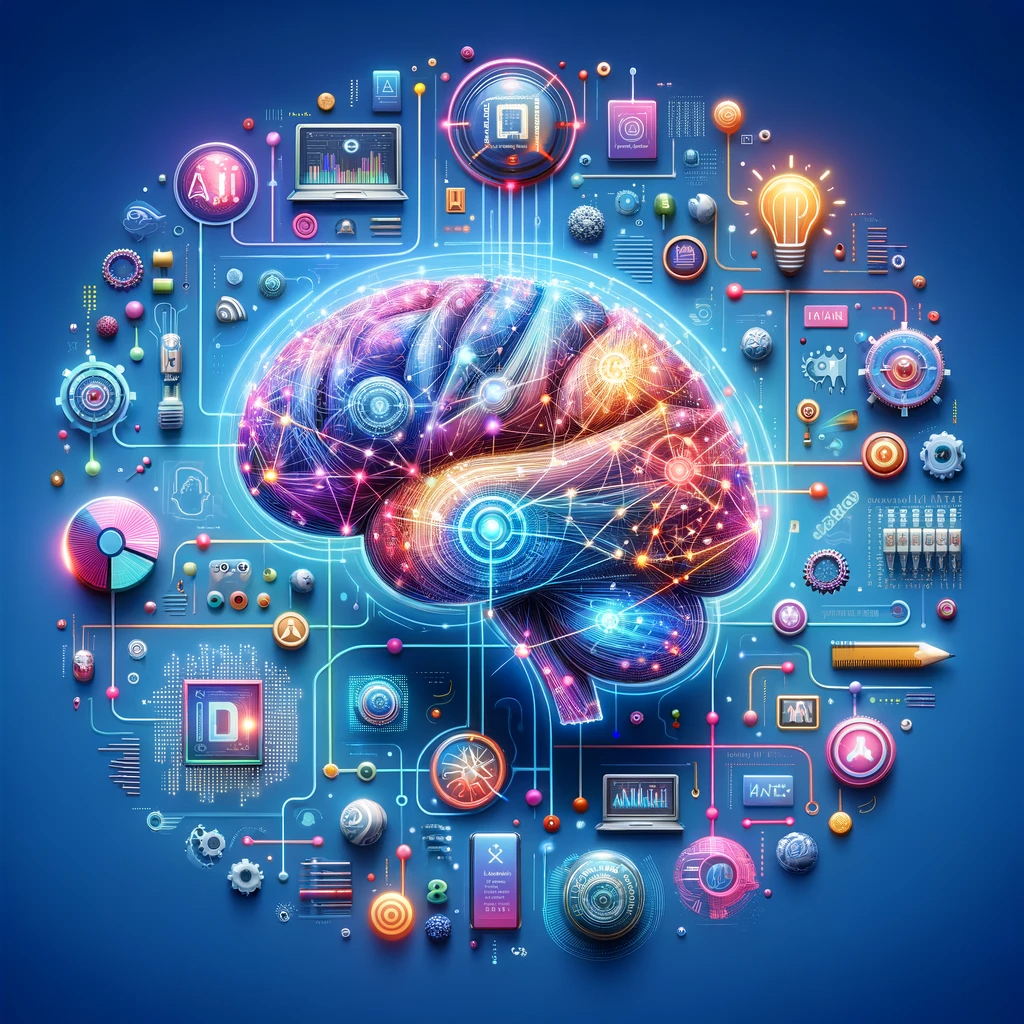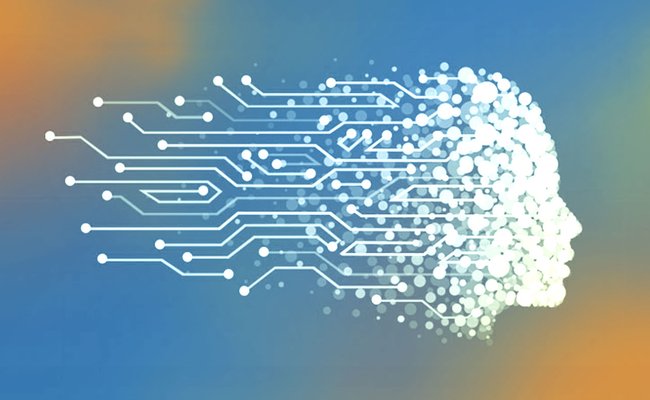Expert System (AI) is reinventing education while making finding out more accessible but also triggering disputes on its effect.
While students hail AI tools like ChatGPT for improving their learning experience, speakers are raising concerns about the growing dependence on AI, which they argue fosters laziness and undermines academic integrity, particularly with lots of students not able to protect their assignments or given works.
Prof. Isaac Nwaogwugwu, a speaker at the University of Lagos, yogicentral.science in an interview with Nairametrics, expressed frustration over the growing dependence on AI-generated actions amongst trainees recounting a recent experience he had.
RelatedStories
Avoid sharing personal info that can recognize you with AI tools- Expert alerts
Chinese AI app DeepSeek triggers global tech selloff, obstacles U.S. AI supremacy
"I provided an assignment to my MBA students, and out of over 100 students, about 40% submitted the exact same answers. These students did not even know each other, but they all utilized the very same AI tool to create their responses," he said.
He noted that this pattern prevails amongst both undergraduate and postgraduate trainees but is especially worrying in part-time and range knowing programs.

"AI is a major obstacle when it comes to assignments. Many students no longer think critically-they just browse the web, create responses, and send," he added.
Surprisingly, some lecturers are also implicated of over-relying on AI, setting a cycle where both teachers and students turn to AI for benefit rather than intellectual rigor.
This debate raises crucial questions about the role of AI in academic integrity and trainee development.
According to a UNESCO report, while ChatGPT reached 100 million monthly active users in January 2023, just one nation had actually released guidelines on generative AI since July 2023.
As of December 2024, ChatGPT had more than 300 million individuals utilizing the AI chatbot weekly and 1 billion messages sent out every day worldwide.
Decline of scholastic rigor
University lecturers are increasingly worried about students sending AI-generated tasks without really comprehending the content.
Dr. Felix Echekoba, a lecturer at Nnamdi Azikiwe University, expressed his issues to Nairametrics about students significantly counting on ChatGPT, just to fight with answering fundamental questions when evaluated.
"Many trainees copy from ChatGPT and send refined tasks, but when asked fundamental questions, they go blank. It's frustrating since education has to do with learning, not just passing courses," he stated.
- Prof. Nwaogwugwu mentioned that the increasing number of first-rate graduates can not be completely credited to AI but admitted that even high-performing trainees utilize these tools.
"A top-notch trainee is a first-rate student, AI or not, however that doesn't suggest they do not cheat. The advantages of AI may be peripheral, but it is making students reliant and less analytical," he stated.
- Another speaker, Dr. Ereke, ai-db.science from Ebonyi State University, raised a various issue that some lecturers themselves are guilty of the exact same practice.
"It's not just students using AI lazily. Some lecturers, out of their own laziness, create lesson notes, course details, marking schemes, and even test concerns with AI without evaluating them. Students in turn use AI to generate answers. It's a cycle of laziness and it is eliminating genuine knowing," he lamented.

Students' viewpoints on usage
Students, on the other hand, state AI has improved their learning experience by making academic materials more reasonable and accessible.
- Eniola Arowosafe, a 300-level Business Administration trainee at Unilag, shared how AI has considerably helped her learning by breaking down complex terms and offering summaries of lengthy texts.
"AI helped me comprehend things more quickly, particularly when dealing with complex topics," she discussed.

However, she remembered a circumstances when she utilized AI to send her project, niaskywalk.com only for her lecturer to immediately acknowledge that it was generated by ChatGPT and decline it. Eniola kept in mind that it was a good-bad impact.
- Bryan Okwuba, who recently graduated with a first-class degree in Pharmacy Technology from the University of Lagos, securely thinks that his academic success wasn't due to any AI tool. He associates his impressive grades to actively interesting by asking questions and focusing on areas that lecturers emphasize in class, as they are frequently reflected in exam questions.
"It's everything about being present, taking note, and using the wealth of knowledge shared by my coworkers," he stated,
- Tunde Awoshita, a final-year marketing student at UNIZIK, admits to occasionally copying directly from ChatGPT when facing numerous deadlines.
"To be sincere, there are times I copy directly from ChatGPT when I have multiple due dates, and I understand I'm guilty of that, most times the lecturers don't get to review them, however AI has likewise helped me discover faster."
Balancing AI's function in education
Experts think the solution depends on AI literacy; teaching trainees and lecturers how to use AI as a learning help instead of a faster way.

- Minister of Education, Dr. Tunji Alausa, highlighted the combination of AI into Nigeria's education system, worrying the value of a balanced approach that maintains human involvement while utilizing AI to enhance learning results.
"As we navigate the quickly progressing landscape of Expert system (AI), it is crucial that we prioritise human company in education. We must make sure that AI boosts, rather than replaces, teachers' vital role in forming young minds," he stated
Concerns over AI in Learning

Dorcas Akintade, a cybersecurity improvement specialist, addressed growing issues relating to the usage of expert system (AI) tools such as ChatGPT and their potential threats to the instructional system.
- She acknowledged the advantages of AI, nevertheless, emphasized the need for care in its usage.
- Akintade highlighted the increasing resistance among teachers and schools toward incorporating AI tools in finding out environments. She recognized two primary reasons AI tools are discouraged in instructional settings: security dangers and plagiarism. She described that AI tools like ChatGPT are trained to respond based upon user interactions, which might not line up with the expectations of educators.
"It is not looking at it as a tutor," Akintade said, describing that AI does not accommodate specific teaching approaches.
Plagiarism is another problem, as AI pulls from existing data, frequently without proper attribution
"A great deal of people need to understand, like I said, this is information that has actually been trained on. It is not just bringing things out from the sky. It's bringing information that some other individuals are fed into it, which in essence suggests that is another person's paperwork," she cautioned.
- Additionally, Akintade highlighted an early problem in AI advancement understood as "hallucination," where AI tools would create information that was not factual.
"Hallucination implied that it was drawing out information from the air. If ChatGPT could not get that information from you, it was going to make one up," she explained.
She suggested "grounding" AI by offering it with particular details to avoid such mistakes.